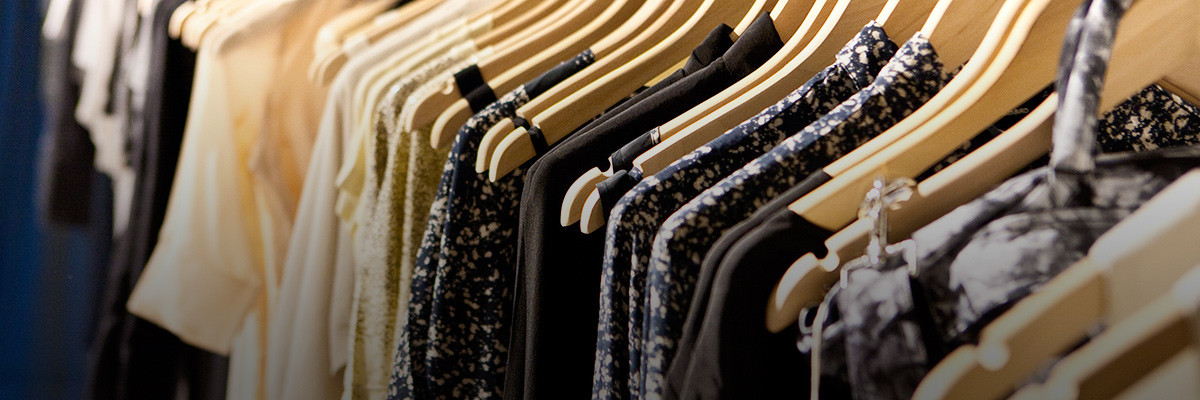
The world around luxury fashion is changing. Former CEO of Chanel Maureen Chiquet put it well at the New York Times luxury conference in Versailles earlier this year: She described an inflection point, shaped by macro-economic challenges that have diminished tourist flows and luxury sales, e-commerce that has eroded the exclusivity of luxury items, and the evolution of consumer desires, with new generations looking for values-driven purchases.
It is evident that rumblings of change are underway, with sustainability and social responsibility becoming key components of luxury fashion’s landscape. Indeed, at events in Copenhagen, Hong Kong, Seoul, and Versailles this spring, the fashion industry has been talking about change. The success of the sold-out Copenhagen Fashion Summit earlier this month, which focused on sustainability, also signaled this shift. With industry heavyweights in high attendance, the 1,250 delegates whispered that the event felt like the “Davos of fashion.”
But will progress be bold enough, soon enough?
In Copenhagen, participants heard compelling stories of operational change. Companies are working to improve supply chain transparency and accountability and to reduce manufacturing and retail footprints, from Gucci’s heavy-metal-free tanning process to LVMH’s internal carbon fund. The fund taxes brands on their greenhouse gas emissions and reinvests the money into carbon-reducing initiatives and technologies, including the production of renewable energy. Yet, it’s also evident that improved environmental and social practices are still mostly disconnected from core business and creative leadership, as well as from the growth strategies that brands will need to turn around recent luxury market sluggishness.
This is a missed opportunity for luxury fashion, both in terms of perpetuating and modernizing its values and in terms of ensuring future sales. From a values perspective, the challenge for luxury brands is to move from a dialogue driven by products to one that focuses on the more modern desires underpinning customer sentiment these days—meaning, experiences, and authenticity. As CEO Marco Bizzarri told the story of Gucci’s recent rebirth to a captivated audience in Versailles, “Millennials are looking for integrity in their brands.”
From a commercial perspective, progressive brands that tap into these values are already seeing success. “Consumers will buy more for what you stand for than what you make,” Eric Liedtke relayed in Versailles. Liedtke, who is head of Adidas’ global brands, shared that Adidas’ shoe line made with recycled ocean plastic had driven up the brand’s Net Promoter Score, which can be an indicator of market growth. Liedtke said that the ocean plastics issue proved even more effective than celebrity support to drive social media engagement among customers.
In this new values-driven context, luxury fashion leaders would be well served to focus on two levers for longer term, sustainable growth: creativity and purpose.
First, creativity, which is at the heart of the luxury promise. Brands strive to surprise and delight customers, set the trends, and nurture art and design. But connecting designers to sustainability isn’t something that sustainability professionals or brand leaders have done well. There are some promising examples, such as Kering’s “idea lab” on plastic alternatives, but these programs often have a tough time positioning sustainability as something other than a constraint, when it must instead be framed as a huge creative opportunity. Investing in getting into the hearts and minds of designers is all the more opportune in an era where designers are burning out from producing multiple collections a year on impossible timeframes.
Second, purpose, which should be on the agenda of more luxury leaders. While brands in other consumer-facing industries, such as Dove, Nike, and MAC have enjoyed the commercial benefits of standing for something meaningful in the eyes of their customers, luxury brands have not yet embraced the benefits of authentic contributions to the wider good.
Purpose is about companies connecting to the world in ways they haven’t previously. Business leaders should be asking themselves, “What are the big macro-trends that affect my business? What impact can my business make, and how does that translate to business value, as well?”
Many luxury leaders say they are afraid of greenwashing or being criticized if they “market” their good work. But both the media and business leaders would each like each other to do more, in terms of better storytelling around social and environmental actions. “We need to create a new buzz,” Julie Gilhart, fashion consultant and former senior vice president and fashion director of Barneys New York, said at the Copenhagen Fashion Summit. Vanessa Friedman, fashion director at the New York Times, put it best during her Copenhagen talk, “Sex and Sustainability,” telling luxury leaders that, if they want to market sustainability, they need to stop using the “s-word” and start framing it in ways people care about and can understand—such as through sex, love, food, and connection.
Enlightened luxury leaders are recognizing the industry’s turning point, and their next step should be embracing the creativity and purpose that it heralds. In an age where growing inequalities undermine the social acceptance of luxury; where the profound human need for meaning, and not more things, is growing; and where digital worlds demand stories, connection, and transparency, it’s time for a brave new world of inclusive, not exclusive, luxury. This requires figuring out the unique contribution luxury companies are making to the world, and starting to talk about it more. Luxury brands are tastemakers and example-setters. We need them to lead the way, and reposition themselves for sustained growth by daring to go beyond business as usual.
BSR’s latest sustainability insights and events straight to your inbox.
Let’s talk about how BSR can help you to transform your business and achieve your sustainability goals.
